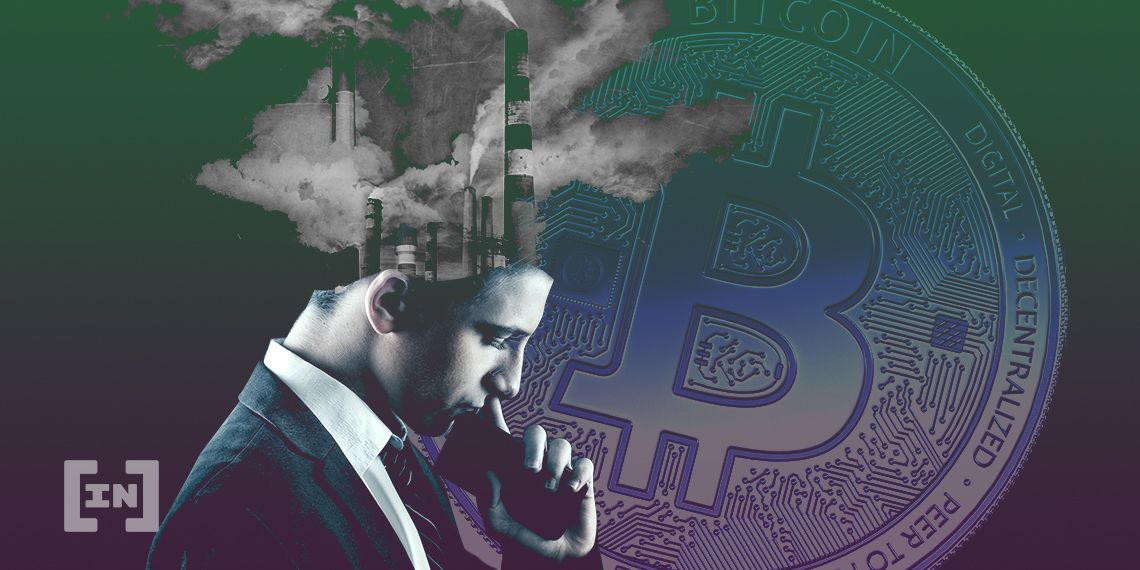
Shale and Tech Bubbles Ready to Burst
In June of last year, Colombo showed how The New York Fed’s recession probability model was indicating that there is a 30 percent probability of a recession in the next 12 months. Less than 12 months later, that model has increased to 40 percent. With this recession threat growing, the next question to ask is what will be the catalyst that sets off the recession, and how dramatic and influential will it be. Currently, there are two very obvious bubbles that have been building — the shale energy bubble, and the tech bubble.Looking first at the tech bubble, Colombo is of the opinion that this bubble is ripe to pop based on the mass stimulus of the tech market which makes these startups not economically viable. Colombo likens them to China’s ghost cities: “Like China’s grandiose infrastructure projects and ghost cities, the majority of today’s tech startups only exist – at least at their current scale – because of stimulus, and are not economically viable, as evidenced by the billions of dollars they are hemorrhaging with no end in sight.The Bloomberg U.S. Startup Barometer is plunging: https://t.co/FKctGOm75R
— Jesse Colombo (@TheBubbleBubble) February 17, 2020
The startup bubble is bursting, which is the scenario I warned about last year: https://t.co/16GtJxJqF8@MishGEA $QQQ $FB pic.twitter.com/1WXNG7PpUa
He points to the calling of Venture Capital activity, and the collapse of companies like WeWork, as evidence that the bubble is now popping. With so many startups achieving undue ‘unicorn’ status, and the flooding of the start-up tech market, the growth was unsustainable and prone to bursting. The energy bubble which looks to be playing out as we speak is also predicated on a bubble — the Shale energy bubble. Reports have flooded in of the wonders of new energy technology, specifically horizontal drilling and hydraulic fracturing, which is purported to usher in a new age energy supply. To this, shale gas, along with burgeoning shale oil production, is supposed to lead to America’s energy independence, kindle a manufacturing renaissance, lower bills for Americans, and create new jobs.Last year, I excoriated the explosion of tech startup activity as bogus and a byproduct of central bank stimulus: https://t.co/16GtJxJqF8
— Jesse Colombo (@TheBubbleBubble) February 6, 2020
Now, the startup bubble is starting to burst – no surprise there. Anyone who believed in it is an abject fool.
Shame on them! pic.twitter.com/bya7jc9lig
 The rapid reliance on Shale gas means that 50 percent of America’s gas production is now Shale, and this resource was supposed to last 100 years but there are already signs of depleting gas fields.
“However, the shale gas boom is rapidly maturing and we are quickly approaching a point where shale gas production heads into decline. In fact, the majority of shale gas basins in America are already exhibiting declining production,” Bill Powers wrote for Forbes.
The rapid reliance on Shale gas means that 50 percent of America’s gas production is now Shale, and this resource was supposed to last 100 years but there are already signs of depleting gas fields.
“However, the shale gas boom is rapidly maturing and we are quickly approaching a point where shale gas production heads into decline. In fact, the majority of shale gas basins in America are already exhibiting declining production,” Bill Powers wrote for Forbes.
Where Does Bitcoin Fit In?
The history of Bitcoin is inexorably linked to the housing collapse and market collapse of 2008. It was the catalyst that led to Satoshi Nakamoto creating a decentralized financial system that could not be manipulated, or let down, by central banks and the likes. So, as we approach what appears to be a similar economic crisis, how much can we rely on Bitcoin to save our funds, jobs, and livelihoods? The answer is probably quite disconcerting, as Bitcoin is not where it should be as this crisis looms. Bitcoin was first created as a currency, but it has strongly moved away from that designation towards being a store of value. This still makes it a viable potential in an economic collapse, especially as it has shown signs of anti-correlation to traditional markets. However, it has struggled as of late, in a time where markets have been shedding value. Bitcoin too has lost a lot of value in the past three weeks; even though it does not look like it is directly because of the Covid-19 fears.
Of course, Bitcoin can still be seen as a hedge to the current uncertainty — or better yet for the potential economic crisis that looms. But, in terms of it being a viable alternative for the majority of people looking to avoid the market collapse, it is not quite there. The fact that traditional investors have been exiting Bitcoin markets, and CME futures trading, shows that Bitcoin is still an investment for risky times, not uncertain times.
However, it has struggled as of late, in a time where markets have been shedding value. Bitcoin too has lost a lot of value in the past three weeks; even though it does not look like it is directly because of the Covid-19 fears.
Of course, Bitcoin can still be seen as a hedge to the current uncertainty — or better yet for the potential economic crisis that looms. But, in terms of it being a viable alternative for the majority of people looking to avoid the market collapse, it is not quite there. The fact that traditional investors have been exiting Bitcoin markets, and CME futures trading, shows that Bitcoin is still an investment for risky times, not uncertain times.
Disclaimer
In adherence to the Trust Project guidelines, BeInCrypto is committed to unbiased, transparent reporting. This news article aims to provide accurate, timely information. However, readers are advised to verify facts independently and consult with a professional before making any decisions based on this content. Please note that our Terms and Conditions, Privacy Policy, and Disclaimers have been updated.

